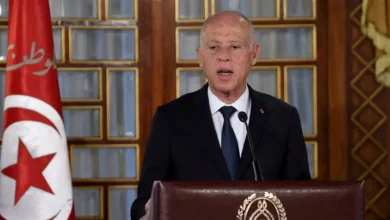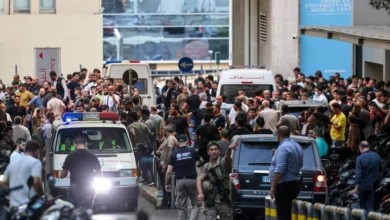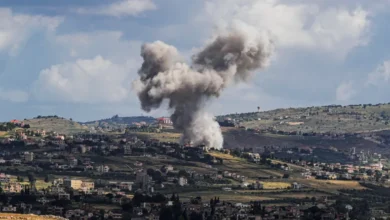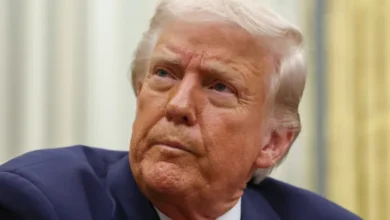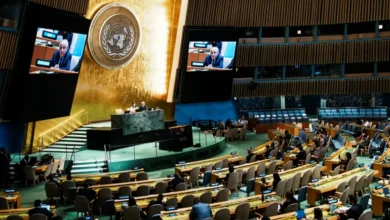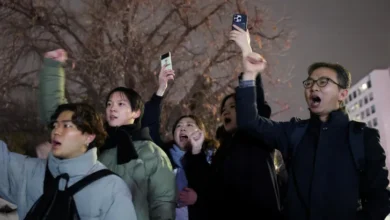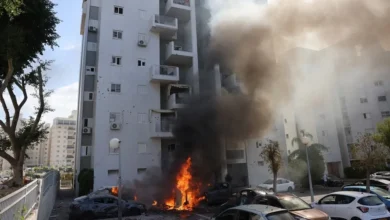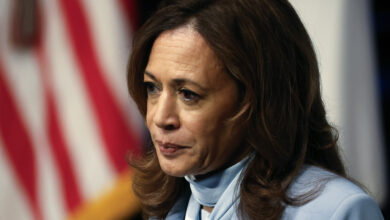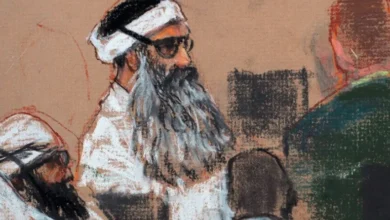Guatemala presidential election: Unraveling the final candidates’ platforms
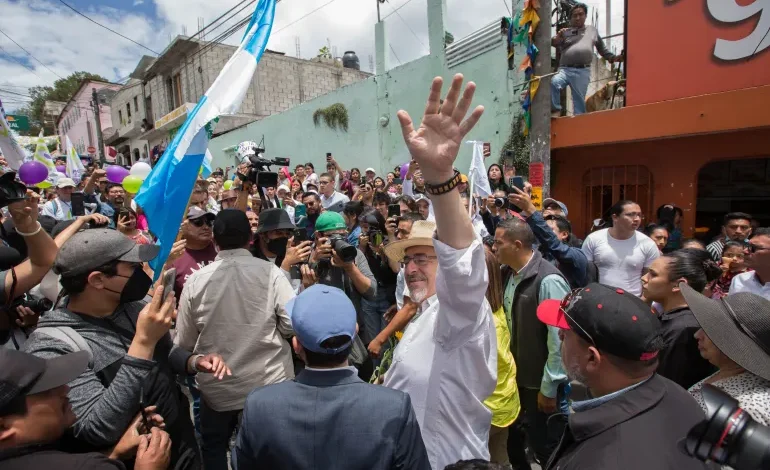
Guatemalans will head to the polls on August 20 to vote in the run-off election for the country’s next president, the culmination of a closely watched and scandal-ridden race.
Voters are set to choose between Congressman Bernardo Arevalo of the progressive Seed Movement and Sandra Torres, a former first lady representing the conservative National Unity of Hope (UNE) party.The weeks leading up to the run-off have been contentious though, spurring worries about the democratic process in Guatemala.
Arevalo surpassed expectations when he emerged as one of two victors in the initial round of voting on June 25. But the results triggered a backlash among the political establishment.
Rival political parties called for a review of the votes, and when that process upheld the results, the public prosecutor’s office sought to suspend Arevalo’s party, on the basis that the signatures used to form the Seed Movement were fraudulent.
The party’s suspension was ultimately overturned, as Guatemala’s Constitutional Court ruled it violated electoral law.But the public prosecutor’s office has continued to conduct office raids targeting the Seed Movement and the country’s election authority, prompting critics to accuse President Alejandro Giammattei and his government of election interference.
Arevalo nevertheless holds a commanding lead over his rival, Torres. On August 2, the market research firm CID Gallup and the Foundation for Liberty and Freedom, a Guatemalan think tank, released a poll showing Arevalo with 63 percent support, compared with Torres at 37 percent.
The two candidates have never met in a public debate. One was planned for August 7, but Torres did not attend, instead holding a rival event to present her governing platform.
The CID Gallup poll shows that voters’ greatest concern is the sharp increase in the cost of living. Nearly 60 percent of the population lives in poverty, according to government statistics. Other top issues include worsening crime and rampant corruption.Restoring the economy
Faced with an economic crisis, Torres has proposed the expansion of the social programmes she oversaw as first lady, including the establishment of stipends for single mothers.
In a July interview, Torres also proposed legislation to promote Guatemala as a destination for near-shoring, the practice of transferring business operations to countries close to big markets like the United States. Near-shoring, Torres argued, could stimulate employment and foreign investment in Guatemala.
On the other hand, Arevalo proposed passing legislation that would break up monopolies in the telecommunication and pharmaceutical industries to generate more competition. He has also promised to bring down the cost of electricity, strengthen consumer protections and provide more employment training.
Cracking down on crime
Torres has promised to implement a tough-on-crime security model similar to that of neighbouring El Salvador, where President Nayib Bukele suspended due process guarantees in favour of a mass gang crackdown.
“Even if it hurts, I am going to adopt the Bukele model,” Torres said in a televised debate on June 20 between the then-leading candidates. Arevalo, a dark horse at that point, had not been invited to participate.
“I am going to clean up the prison system, which is full of corruption,” Torres continued. “I am going to protect your family and your children.”
Torres’s proposals include deploying the military to city streets, increasing police presence in the country, opening new military bases, building three new prisons and ramping up surveillance through the adoption of technologies like facial recognition and biometrics.
Torres has also said her security measures would focus on combating gang extortion in urban areas first. She promised to strip criminals accused of violent crimes and extortion of their human rights, comparing them to “terrorists”.“Human rights are for the victims, not for the delinquents,” she said in a speech.
Her rival Arevalo, meanwhile, has called for the hiring and training of 12,000 new professional police officers. He also has pushed for the improvement of police stations across the country, which are often in dismal condition.
He backs the construction of one new prison for those accused of serious crimes, as well. With many extortion threats in Guatemala originating from within the country’s prison system, Arevalo has promised to crack down on illegal activity behind bars.Combating corruption
Both candidates have promised to address corruption upon entering office.
Increasing transparency is a key part of Torres’s agenda to fight corruption. But Torres herself has been accused of corruption. She was briefly arrested in 2019 on allegations of violating campaign finance law. A three-year probe into the matter closed in November, just two months before the 2023 election season officially began.
Arevalo, by contrast, has made combating corruption a centrepiece of his campaign. He has proposed a 10-measure plan that includes the creation of an anti-corruption cabinet and policies to disqualify people convicted of corruption from holding public office.

